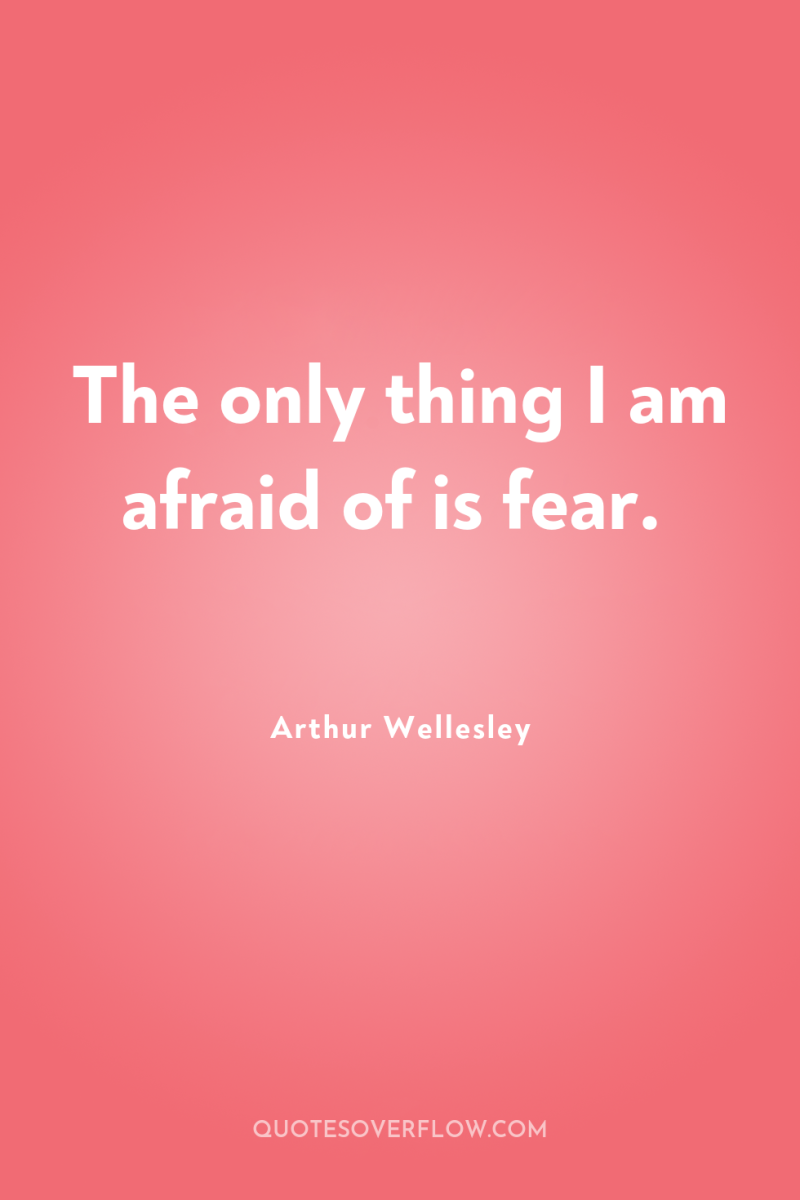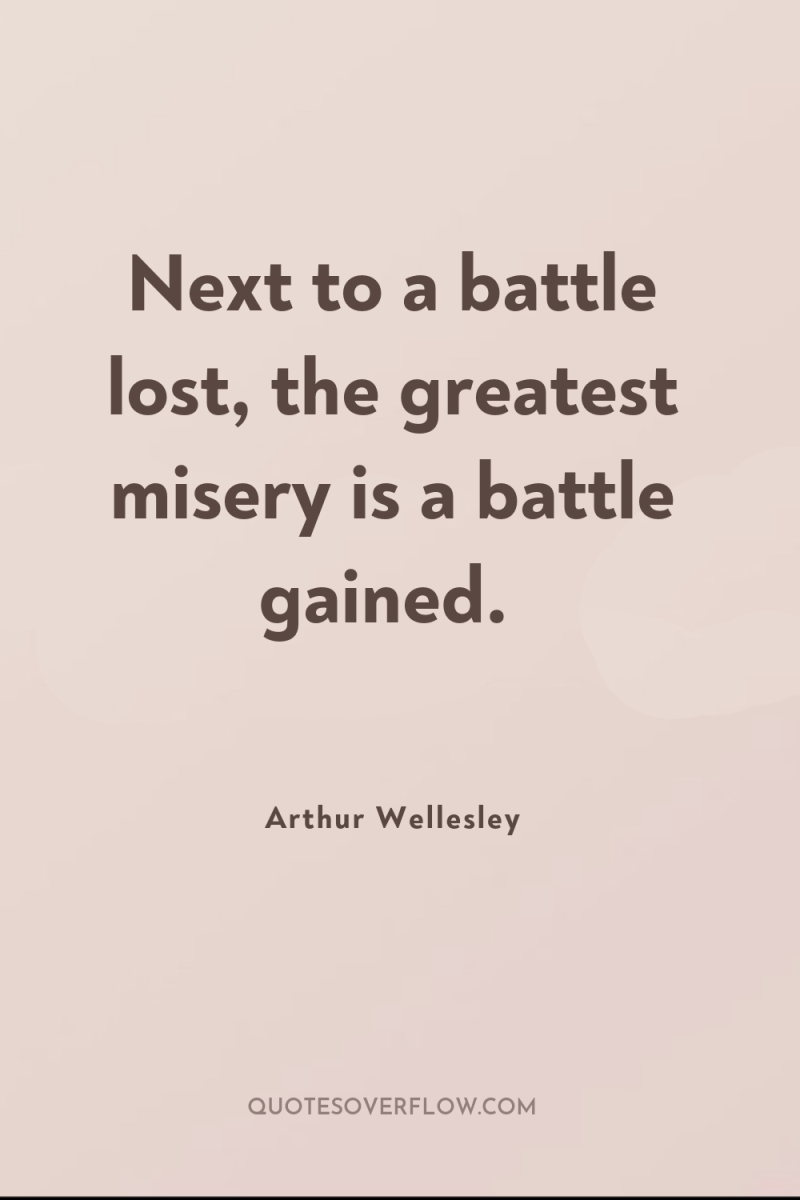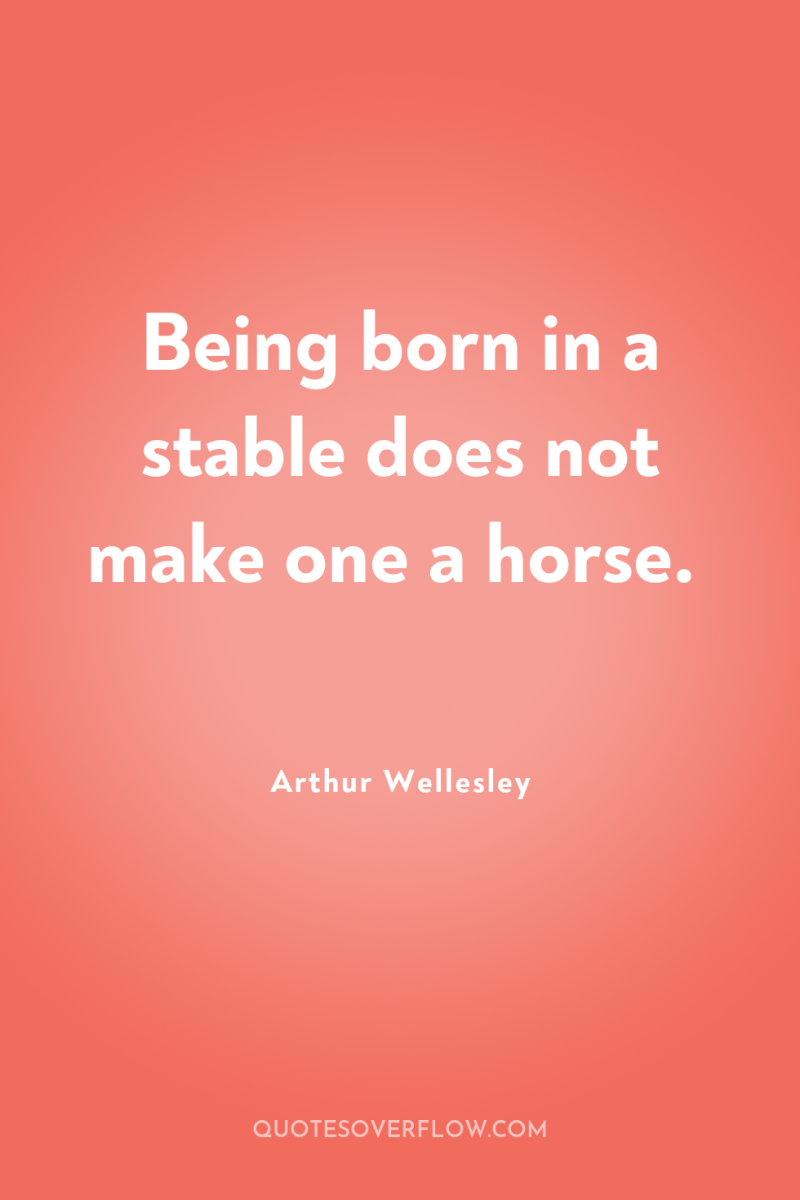Arthur Wellesley, 1st Duke of Wellington, KG, KP, GCB, GCH, PC (23 May 1769 – 14 September 1852) was a British military and political leader in the mid-19th century. He was one of Britain's greatest military commanders during the Peninsular War and was defeated at Waterloo in June 1815. After service as a Conservative Member of Parliament (MP) for a dozen years he served as Prime Minister twice in the late 1830s.
Wellington is famous as the hero of the battle that brought an end to Napoleon Bonaparte’s French Empire, and as an early proponent of empire building. In politics he dominated the political scene both as a Conservative and a Tory—a follower of the pro-aristocratic faction known as "the Country Party"—and served both for a decade as Prime Minister from 1828 to 1834 and again from 1835 to 1841
Read more
His influence on British history is greater than that of any other 19th-century politician save Benjamin Disraeli.
Wellington was born in Dublin, Ireland, on 23 May 1769 into an aristocratic family with a strong military tradition. His grandfather Henry Wellesley, 1st Baronary President of Connaught had been Governor General of Madras and his father Richard Wellesley (1730–1782), also Governor General of Madras, had been Commander-in-Chief of the Forces there. He attended Eton College and the Royal Military Academy by 1785.
A first commissioned into the Royal Horse Guards as a cornet on 17 October 1786, Wellington became a major in the Royal Irish Regiment of his uncle Colonel Henry Somerset, later first Earl Wellington in December 1793 and lieutenant colonel on 12 April 1795. He was promoted to colonel on 7 November 1796 and became colonel of the 2nd Battalion Royal Irish Regiment on 27 August 1798. He was appointed Lieutenant Colonel of the 1st North West Grenadier Guards on 15 February 1800 (the elite unit descended from John Churchill's old regiment) and adjutant general to his uncle Lord Wellington in Ireland on 30 December 1800 by which time he was already serving with his uncle in Portugal where he fought at Vimiera and Talavera.
On 26 January 1801 he accompanied Wellington's expedition into Spain where he fought at El Bodon and Rueda de Mendigoza against French troops under Louis Gabriel Suchet; Wellington would later mention this action in his


